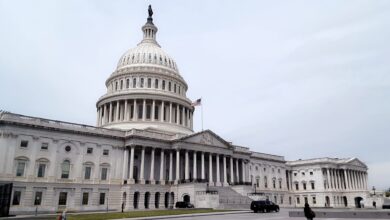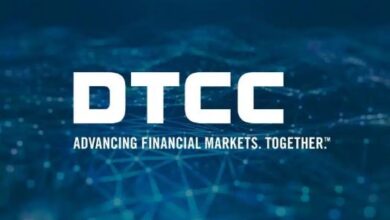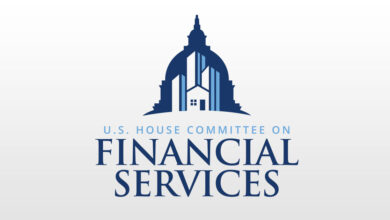Global Regulators Approve Crypto Asset Exposure Disclosure Templates for Banks

Global banking regulators have approved templates for banks to disclose their exposure to crypto assets starting January 2026. This decision was announced on Wednesday, a year later than initially planned.
The Basel Committee on Banking Supervision stated, “These disclosures aim to enhance information availability and support market discipline.” The committee, consisting of banking regulators from major world economies, discussed the prudential impact on capital of tokenized deposits and stablecoins. These cryptocurrencies are backed by assets such as the dollar.
Based on current market developments, risks from tokenized deposits and stablecoins are “broadly captured” by existing Basel standards. This suggests that additional capital rules are not currently being planned. “The Committee will continue to monitor this area and other developments in the cryptoasset markets,” the statement added.
Basel members also agreed to address risks for banks from their increasing use of third parties, such as cloud computing, to run key activities. The committee will consult later this month on new principles to replace the current looser guidance.
The committee also updated on a closed public consultation regarding new rules for banks to disclose their climate-related financial risks under “Pillar III” of their capital rules. “It agreed to continue to work on finalizing such a framework as part of its holistic approach to addressing climate-related financial risks,” the statement said.
In related news, the latest stablecoin regulation in the UAE demonstrates advanced thinking by the UAE central bank. The regulators in the UAE allowed AED-backed payment tokens or stablecoins. However, tokens backed by other currencies must register with the central bank or receive an NOC for existing once, aiming for off-chain data and reporting. This strategy seeks to avoid creating a shadow economy similar to cash while allowing local banks to deal with VASPs normally and open client bank accounts. UAE banks will not hold digital assets yet but will manage AED-backed stablecoins and potentially tokens representing real-world assets (RWAs), unless banks show more interest in the custody business.





